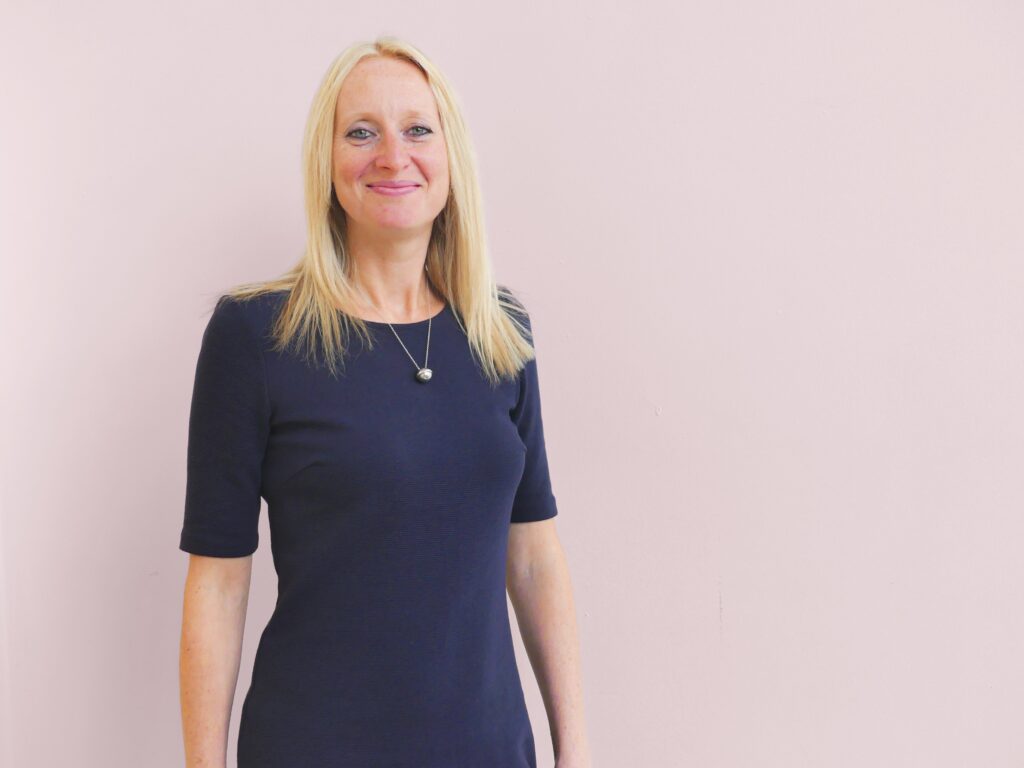A blog by Phil Hurley, Managing Director at NIBE Energy Systems
Usually, I write a summary of the year gone, but this year I thought it would be good to look forward at the opportunities ahead in 2023. At NIBE, we’re looking forward to training engineers to install heat pumps through our NIBE Pro courses at our recently reopened training centre in Chesterfield. We’re also excited about several new product launches across our range in 2023. But we can discuss NIBE’s plans another time, as there are still many decisions to be made if we are to progress towards net zero.
At COP 27 in November, decarbonising buildings was on the agenda, and with that talk about the role of heat pumps. Governments around the globe use discussions at COP to shape policy for the year ahead, so this year looks somewhat promising for heat pumps.
I wouldn’t be able to talk about building decarbonisation without mentioning the Future Homes Standard (FHS), which will set the energy efficiency standard for new homes built from 2025. As we await the technical consultation this year, there is much anticipation of how far the final specifications will go to lower energy bills for consumers and maximise heat pump performance. And with the average household energy bill rising to £3,000 from April, proposals expected on rebalancing gas and electricity bills this year will complement the FHS, by driving down the already competitive running costs of heat pumps, through cheaper electricity.
Key policy decisions
With the expectation of continued heat pump growth this year globally, the UK has historically lagged other countries. In Poland alone, heat pump sales increased by up to 140% in 2022 compared to the same period in 2021, meaning that heat pumps account for 30% of all heating devices soldi. In the UK, there are still around 1.7 million gas boilers installed every year, with approximately 60,000 heat pump installs this year. In contrast, French heat pumps sales in 2021 were over 500,000- if we are to catch our European colleagues, it is clear there is some way to go.
Policy will play a crucial role in accelerating UK heat pump progress and going into 2023 the flagship Boiler Upgrade Scheme (BUS) will have just over two years left to achieve its targets. But with 17.8% of its year one funding spent with 3 months to go, a raise in public profile is needed to boost the schemes awareness. Employing the methods used to raise awareness of the Green Homes Grant could be something to follow. With the Scottish Government recently announcing a £7,500 grant for heat pumps rising to £9,000 for rural homes, on top of an interest free loan for homeowners, there is a clear precedent for greater ambition. And I expect to see sales increase over the coming months across the industry.
Going forward
When the French Government committed to phase out all boiler sales within 10 years, there was a surge of interest in heat-pump installer training by 264% in 2019. Similar decisiveness confirming boiler phase out dates in the UK has been a missed opportunity to power action from installers and homeowners to accelerate the inevitable move to heat pumps. A decision on this will give the confidence needed to those sitting on the fence.
With new builds being heat pump ready in the run up to the FHS, the next step is to tackle the larger more complex area, the existing housing stock. Lower flow temperatures are a foundation for creating more opportunities for heat pumps in the existing housing stock, but also result in lower running costs, less damage to the heating system, and less noise for the consumer. This change can be achieved in a short space of time through educating consumers and installers on the role of low flow temperatures- on the average winter day, approximately 50% of homes have heat emitted suitably sized to provide thermal comfort at a 55°C flow temperature. It was good to see this recognised in the improving boiler standards and efficiency consultation, which aims to delivery low flow temperatures across the existing housing stock through improving boiler efficiencies.
Despite the above being a relatively quick fix, one thing is for certain, wasted time is something we don’t have the luxury of if we are to transform the heating industry to meet net zero. I think it is fair to say that the political turmoil of 2022 froze progress – so expect a revised impetus to drive heat decarbonisation during the year ahead.
To read more news and exclusive features see our latest issue here
Never miss a story… Follow us on:
Showhome
@Your_Show_Home
@Showhomemag
Media Contact
Anna Wood
Editor, Showhome
Tel: +44 (0) 1622 823 922
Email: [email protected]











